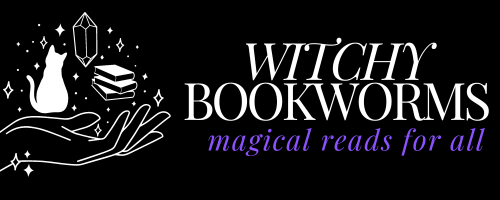Coping with a Neurodivergent Brain as a Writer: My Tools, Challenges, and Joys
Writing with ADHD can be a real roller coaster rush when the hyperfocus on the characters and world I am building kicks in, but most of the time, it’s like struggling through mud with sandbags strapped to my legs (or in my case, my brain). The older I get the harder it gets. I can get easily overwhelmed with noises, mundane tasks, and big to-do lists that can cause my thoughts to race and my body to shut down. When this happens, it makes it hard for me to keep my focus on the page. Over the years, I’ve developed strategies to cope, not just to manage my executive function disorder (which makes completing projects difficult), but to honor the way my brain works. Here’s how I’ve found a way to write 80+ books over the past 20 years, even when the path isn’t always linear and sometimes feels impossible.
Finding Quiet in the Noise
When the world feels too loud, I turn to my trusty noise-canceling headphones. They’ve become an essential part of my writing routine, creating a bubble of silence when I need it most. But even they can’t always block out the chaos. That’s when I lean on my Beethoven playlist, a curated collection of scores from Beethoven: Piano Sonata No. 23 in F Minor, Op. 57 “Appassionata” to Beethoven: Piano Sonata No. 8 in C Minor, Op. 13 “Pathétique”. The scores guide my thoughts instead of demanding attention like music with lyrics do. If you have been having a hard time focusing, give Beethoven a try!
Writing with Connection
Sometimes, though, what I need isn’t solitude but solidarity. That’s when I call up an author buddy. We don’t talk. Instead, we just stay on the phone together, each working in our own space but sharing the same creative energy, in what I like to call virtual body doubling. A lot of people with my type of brain can tell you that tasks are easier when someone else is in the room, even if that someone isn’t doing the same job as them. It’s why we can clean a kitchen when a friend comes over to visit, or get the laundry folded if a spouse is laying on the bed talking us. It’s about distracting the brain from the mundane so we can get on with it.
Creating Spaces for Flow
My office isn’t just a room, it’s a collection of stations, each with its own purpose. I have a chaise lounge for writing and brainstorming, a standing desk for when I need to move and stretch while typing, and a traditional writing desk for when neither of those work. There’s also my favorite spot, a hammock on the screened-in porch, where the sound of squirrels chirping and birds whistling can put me in a productive state. My neurodivergent brain thrives on novelty, and shifting between these spaces helps keep my mind engaged and my body comfortable.
Planning Without Overwhelming
Planning is a double-edged sword for me. Too much, and I feel crushed under the weight of tasks that stretch endlessly into the future. Too little, and the urgency slips away. My solution? A whiteboard in my office, near my door so that I can see it when entering and exiting my office, that tracks two months at a time. It’s my Goldilocks method of planning, not too much, not too little. Seeing my deadlines laid out motivates me without feeling like they’re breathing down my neck. The visual reminder keeps me accountable, but it also gives me permission to focus on what’s directly ahead.
Finding Inspiration When Motivation Fails
No matter how carefully I plan or how well I set up my environment, there are days when motivation is simply out of reach. When that happens, I look outward for inspiration. Books, TV shows, movies, and conversations with friends or family often spark something in me. It’s like refueling the creative tank, reminding me why I love storytelling in the first place.
Grounded by Furry Friends and Family
My pets, cats Simon and Ash and dog Kona, are my unofficial writing assistants. They remind me to take breaks, to step outside, or simply to pause for a snuggle. My husband and son are my biggest cheerleaders. They are my rocks, even before my official diagnosis. They understand that interruptions can derail the fragile focus I work so hard to build. Their support and understanding create the safe space I need to create.
Embracing the Chaos of Creativity
Even with all these tools and supports, I don’t always meet deadlines. ADHD is unpredictable like that. But I’ve come to realize that the very thing that makes writing hard…my wandering, curious, spontaneous brain…is also what makes my stories vibrant and unexpected. There’s a freedom in that realization, and a joy in embracing the process, messy as it may be.
Writing for me is never easy, but it’s always worth it. The journey may be full of detours, but those detours often lead to the most interesting stories. And at the end of the day, that’s what keeps me coming back to the page.

